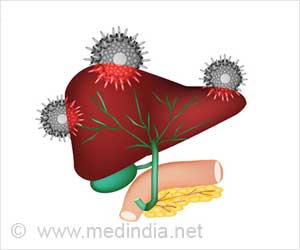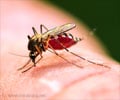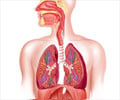What is Hepatitis B Virus?
Hepatitis B is a viral infection that leads to inflammation of the liver. It is caused when a person is infected with the Hepatitis B virus (HBV).
This disease is more infectious than HIV because it is very easily transmitted by blood and other body fluids such as saliva, and seminal fluids. A positive blood test for the Hepatitis B surface antigen (HBsAg) indicates that the person has an active hepatitis infection (1✔ ✔Trusted Source
Hepatitis B
Go to source).
Most people do not experience any symptoms during the acute phase of Hepatitis B. However, some people might develop symptoms like jaundice, dark urine, fatigue, nausea, vomiting and abdominal pain (2✔ ✔Trusted Source
About Hepatitis B
Go to source).
The HBV can also cause a chronic Hepatitis B infection of the liver that can later develop into liver cirrhosis or liver cancer.
There is no specific treatment for acute Hepatitis B. Bed rest along with adequate nutritional balance and replacement of fluids is recommended. Chronic Hepatitis B can be treated with oral medicines, including tenofovir or entecavir (3✔ ✔Trusted Source
More About Hepatitis B
Go to source).





























I am from United State Of America, I was diagnosed of chronic pancreatitis in 2005 and I have tried all possible means to get cured but all to no avail, until i saw a post in a health forum about a herbal doctor from Africa who prepare herbal medicine to cure all kind of diseases including pancreatitis, at first i doubted if it was real but decided to give it a try, when i contacted this herbal doctor via his email, he prepared the herbal medicine and sent it to me via courier service, when i received this herbal medicine, he gave me step by instructions on how to apply it, when i applied it as instructed, i was totally cured of this deadly disease within 16 days, I am now free from the deadly disease, my digestive system is now working perfectly, i no longer feel all the horrible pains.